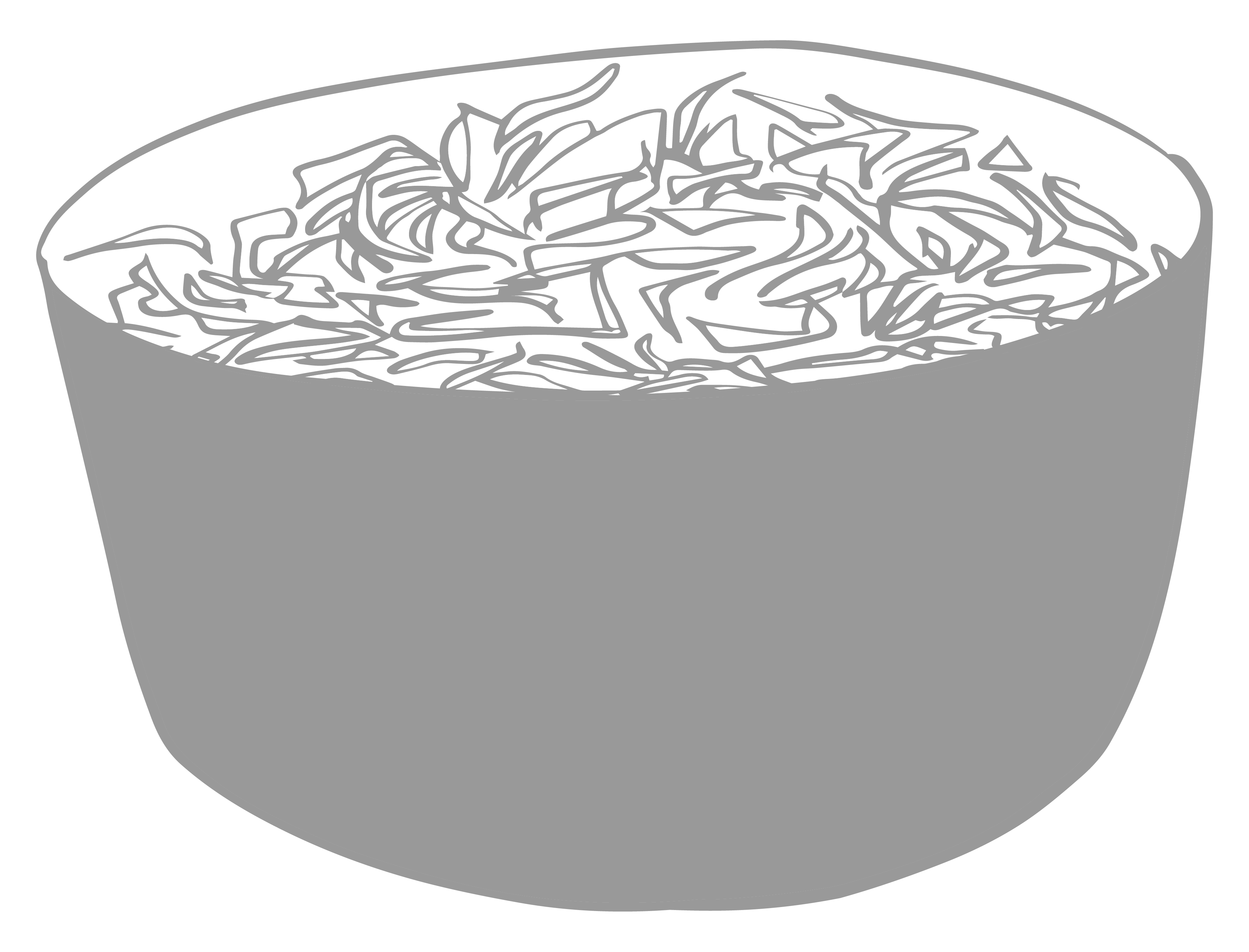Consensual Allyship: Nothing for Us Without Us
You are invited to choose your path to the berry patch by identifying and sourcing the resources and pathways that will help your specific community ecosystem flourish, for safer campuses for everyone.
This guide has emphasized the critical importance of seeking out, listening to, and working with First Nations, Métis, and Inuit students. This approach is called consensual allyship and the next video explores how that process works.
Reflection Questions
- Read the blog post Speaking for, speaking beside: Thoughts about consensual allyship.
- Reflect on ways an ally ends up speaking “for and over” the voices of First Nations, Métis, and Inuit survivors of sexualized violence.
- What specific steps can you take to ensure you are practising consensual allyship?
- Download and read the Indigenous Ally Toolkit [PDF] created by the Montreal Urban Aboriginal Community Strategy Network. Then answer the question: How can I be a good ally? Focus on the here and now: your specific institution and community, the projects you are involved in, and the work you are doing.
- Have you started thinking about how you will remunerate work by First Nations, Métis, and Inuit community members who contribute to the ecosystem? Does your institution already have a system in place, or will you need to create one?

Resources
Gehl, L. (2012). Ally Bill of Responsibilities [PDF]. http://www.lynngehl.com/uploads/5/0/0/4/5004954/ally_bill_of_responsibilities_poster.pdf
Hunt. S. (2013, July 12). Speaking for, speaking beside: Thoughts about consensual allyship. The Becoming Collective. https://becomingcollective.wordpress.com/2013/07/12/speaking-for-speaking-beside-thoughts-about-consensual-allyship/
Swiftwolfe, D. (2019). Indigenous ally toolkit. Montreal Urban Aboriginal Community Strategy Network. https://reseaumtlnetwork.com/en/publication/ally-toolkit/

